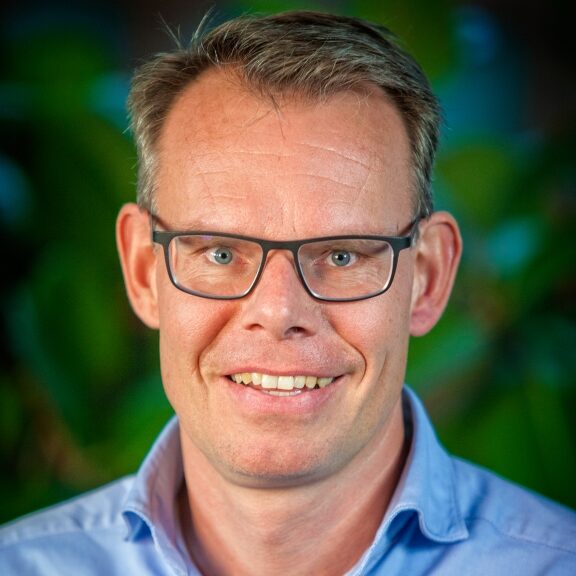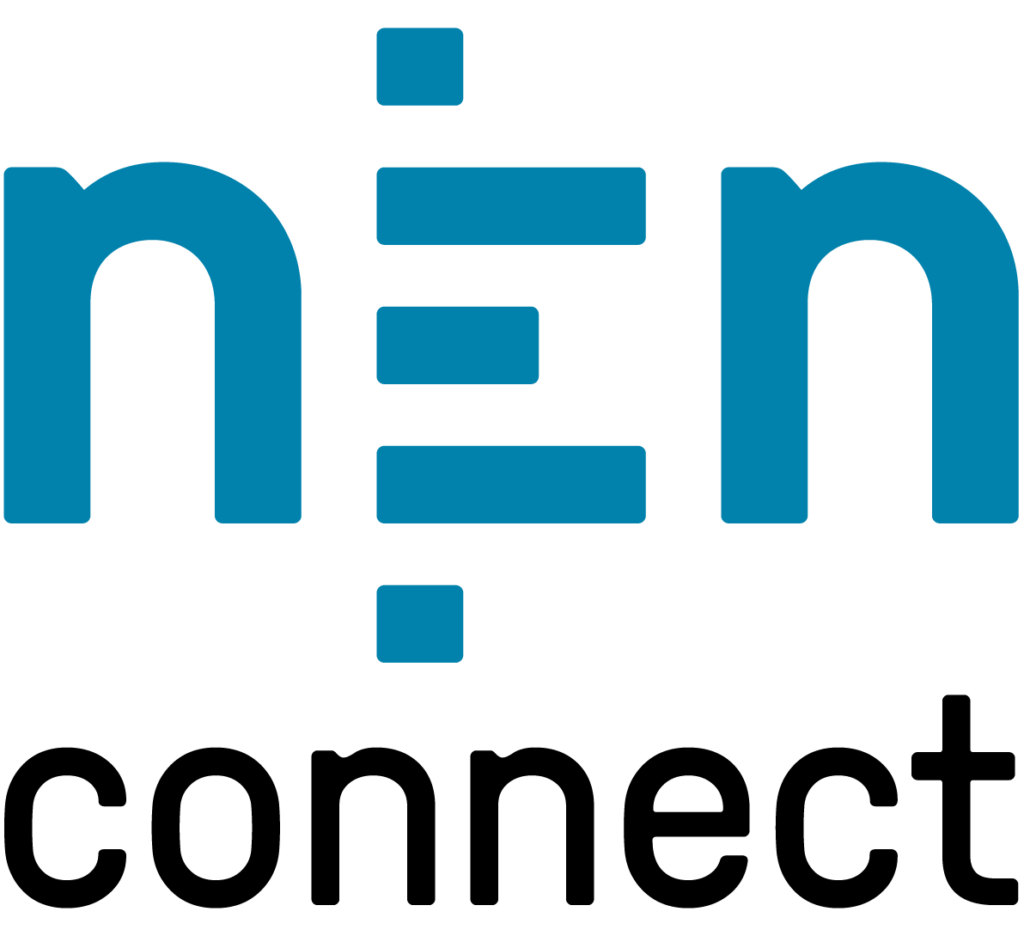FSSC Aldin Hilbrands

Sustainability is no longer a optional ambition. It is an essential part of doing business. The Royal Netherlands Standardisation Institute (NEN) plays a central role in this. NEN lays down agreements in standards that help companies to meet sustainability requirements. Maud Damme, Strategic Relationship Manager at NEN, sees how this development forces companies to be transparent and also helps them to structurally enshrine sustainability. ‘Standards development is about making agreements with broad support. This creates trust and gives companies a foothold.’
Standards are everywhere: from food safety and energy supply to building regulations and cybersecurity. They ensure structure, safety and reliability, and play an increasingly important role in making our economy more sustainable. ‘Companies are looking for ways to make their impact measurable and demonstrable. Without clear agreements on exactly what sustainability means, it is difficult to assess whether an organisation is actually doing business responsibly,’ Damme explains.
NEN brings structure to this by bringing together companies, organisations, governments and other stakeholders, such as trade associations and certification bodies, to make joint agreements on products, processes and services. Damme: ‘Standards development is not a one-sided process. It requires collaboration and broad support. The stakeholders together determine what is desirable and feasible, so that standards are in line with practice and their application has an actual impact.’
To ensure that these standards are widely applicable and internationally recognised, many standards are being developed at European and global level. NEN is therefore a member of the European standardisation bodies CEN and CENELEC and international standardisation organisations ISO and IEC.
With the growing attention to sustainability, the number of quality labels has also increased explosively. Companies want to show that they are making sustainable choices, but consumers often find it difficult to assess which quality labels are certified and therefore truly reliable. ‘Some quality labels are provided by parties that have developed their own sustainability programme, which means that independence is not always guaranteed. This makes it difficult for consumers to determine which claims are credible,’ explains Damme.
This is where the importance of the quality infrastructure comes into focus. ‘NEN develops the standards that serve as the basis for certification, and certification bodies test companies on the basis of those standards. The Dutch Accreditation Council (RvA) ensures that these certifications are carried out independently, reliably and consistently. In addition to standard development, NEN also owns a number of certification schemes. These build a bridge between standards and certification by providing practical guidelines for implementation and testing. This strengthens the reliability of certification and also ensures that companies can comply with sustainability guidelines in a uniform manner. We work together to ensure that companies and consumers can rely on the system.’
That system never stands still: standards development moves with changes in society. For example, sustainability requirements are increasingly being integrated into existing standards, such as ISO 9001 for quality management. Recently, a requirement has been added that requires companies and organisations to include climate change in their risk assessment. Damme: ‘This shows that sustainability is no longer a separate theme. It is an integral part of conducting business.’
The United Nations’ Sustainable Development Goals (SDGs) provide companies and governments with a framework for making sustainability a reality. Standards then help with this by providing tools for practical implementation. ‘A good example is ISO 26000. This is an international guideline for corporate social responsibility that is aligned with several SDGs,’ says Damme.
Sustainability is also increasingly being anchored in law. The European Green Deal and obligations such as the Corporate Sustainability Reporting Directive (CSRD) ensure that companies voluntarily report their impact and are actually accountable for it. ‘The implementation of the directive entails a lot of work for companies. Insights into sustainability performance provide additional insight into opportunities and risks in business operations. By being aware of the usable standards, companies and organisations can save themselves a lot of searching.’
In Europe, we have an ambitious climate agenda; at the same time, geopolitical developments steer its implementation. ‘The political dynamics mean that there is less pressure on sustainability,’ says Damme. Nevertheless, she sees that companies are increasingly taking the lead themselves. ‘Not because they have to, but because they know that it is a prerequisite for remaining socially relevant.’
‘We do see that companies are looking for a way to deal with the regulations. That is why we think it is important to create clarity and support companies and organisations in finding the right standards and certification schemes. This is how we ensure that sustainability becomes a natural part of how we work and produce.’
Maud Damme is senior strategic relationship manager at NEN and a specialist in standards development, certification and accreditation.
With a background in strategic stakeholder management, she works on complex issues in which standards and certification contribute to social and economic transitions. She brings together public and private parties to make standards practical and widely applicable.
